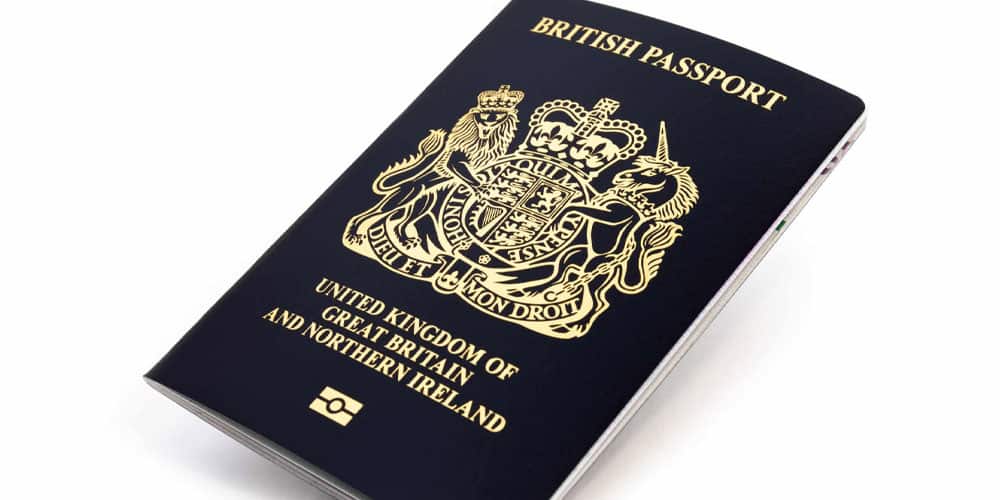The UK will implement a new Electronic Travel Authorisation (ETA) scheme, charging visitors £10 as it is gradually rolled out later this year. Starting in October, the ETA will first apply to visitors from Qatar, followed by the rest of the Gulf Cooperation Council (GCC) states and Jordan in February 2024. By 2024, the scheme will expand worldwide, covering travellers from the US and EU countries, excluding Ireland. To obtain an ETA, travellers will need to apply online or through a mobile app. Once approved, the ETA will grant multiple visits to the UK over a two-year period. Applicants will be required to provide personal and biometric details, including a digital photograph, and answer a set of suitability questions.
The introduction of the ETA system aligns with the UK government’s digitisation efforts for border security enhancement and improved customer experience. The European Union (EU) is also developing its own system called ETIAS, although its implementation has been postponed until 2024.

Robert Jenrick, the Immigration Minister, highlighted the importance of visitors from the Gulf states and Jordan to the UK’s tourism industry. He emphasised that the new ETA scheme would simplify and reduce travel costs for these visitors while reinforcing border security to ensure community safety. The cost of the ETA is expected to be one of the most affordable among international schemes.
In comparison, the US Electronic System for Travel Authorization (ESTA) currently costs $21 and remains valid for two years. The EU’s ETIAS will charge a fee of €7, allowing its usage for up to three years.
However, concerns have been expressed about the impact of the ETA fee on the UK’s international price competitiveness with existing challenges such as high rates of VAT on hospitality, significant Air Passenger Duty, and the elimination of tax-free shopping, which already affect the UK’s attractiveness for international visitors. Charging an additional fee for entry to the UK could potentially worsen this situation and act as a barrier to the growth of international visitation.






